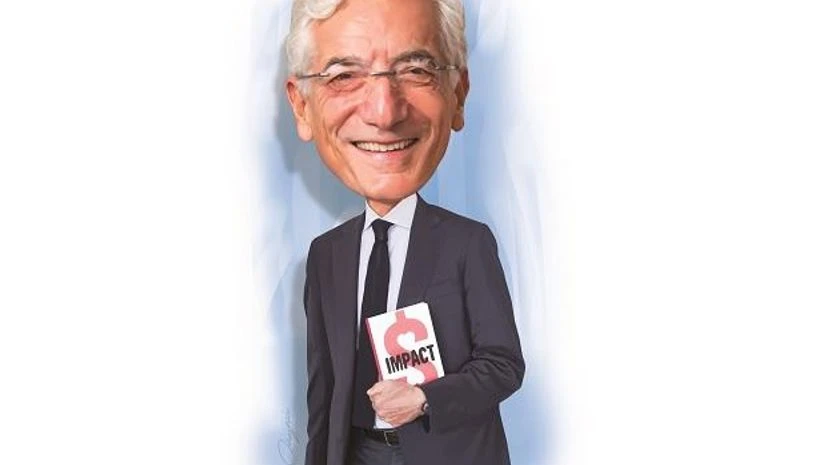At the tender age of 11, young Ronald Cohen appreciated loss better than most of his peers. As Egyptian President Gamal Abdel Nassar drove out its Jewish population in the aftermath of the Suez crisis in 1956, Cohen recalls vividly how he and his family lost everything. The visceral fear he felt as he watched his father crying on the plane, the stoicism with which his mother faced the changed circumstances and even his childlike fear at being parted from his precious stamp collection as his family braced itself to leave. In a flash, the Cohens found themselves bereft of
Sir Ronald Cohen: Saving humanity in his autumn years
A peek into the life and times of Sir Ronald Cohen, author of bestselling book 'Impact'
)
Premium
Illustration: Binay Sinha
What you get on BS Premium?
-
Unlock 30+ premium stories daily hand-picked by our editors, across devices on browser and app.
-
Pick your 5 favourite companies, get a daily email with all news updates on them.
Full access to our intuitive epaper - clip, save, share articles from any device; newspaper archives from 2006.
Preferential invites to Business Standard events.
Curated newsletters on markets, personal finance, policy & politics, start-ups, technology, and more.
Need More Information - write to us at assist@bsmail.in
